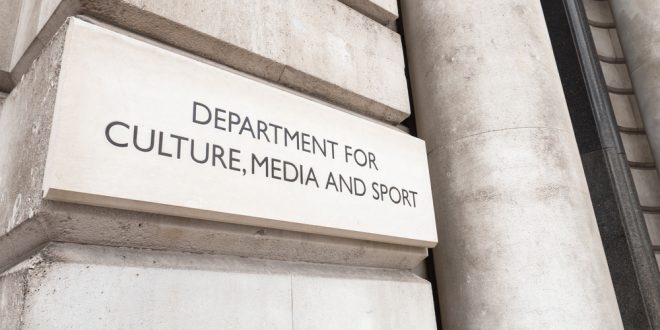Oliver Dowden, Secretary of State for Digital, Culture, Media and Sport (DCMS), has confirmed that the review of the 2005 Gambling Act will be launched today.
The review is expected to result in the biggest reform of UK gambling laws since the Blair government. Taking control of the review, DCMS has prioritised consumer safeguards, advertising standards, online protections and the role of the UK Gambling Commission (UKGC) to govern the UK gambling sector.
By launching a call for evidence, DCMS will examine whether the 2005 Gambling Act is fit for serving the technological demands of the industry.
Protections for online gamblers – including stake and spend limits – as well as advertising, promotional offers and whether extra protections for young adults are needed will all be explored.
Commenting on the review, Dowden said: “Whilst millions gamble responsibly, the Gambling Act is an analogue law in a digital age. From an era of having a flutter in a high street bookmaker, casino, racecourse or seaside pier, the industry has evolved at breakneck speed.
“This comprehensive review will ensure we are tackling problem gambling in all its forms to protect children and vulnerable people. It will also help those who enjoy placing a bet to do so safely.
“This builds upon our clear track record of introducing tough measures to protect people from the risk of gambling harm – banning the use of credit cards, launching tighter age verification checks and cutting the maximum stake on fixed odds betting terminals.”
The review into the Gambling Act was marked as a key pledge in Boris Johnson’s election manifesto, in which he seeks to ensure that current legislation puts ‘customer protection at the heart of regulations’.
Reports from earlier in the year have suggested that Johnson had taken a personal interest in the ‘long-awaited’ reforms. The Prime Minister is said to be keen on rolling back the legislation introduced by former Prime Minister Tony Blair, which he reportedly believes is a vote-winner among conservatives.
The review will also look at evidence on VIP gamblers, protection of under-aged gamblers as well as the systems that are in place to report operators in breach of their social responsibility requirements.
In a statement, the DCMS emphasised that ‘the government recognises the need to balance the enjoyment people get from gambling with the right regulatory framework and protections’.
This ‘long-awaited’ review has already generated a number of opinions from across the political spectrum. Earlier this year, the House of Lords Select Committee on ‘gambling’s social & economic impacts’ recommended 66 key areas which required urgent action from the government.
The report, which took over a year to compile, underlined that ‘oversight of the gambling industry had been undermined by a lack of accurate research and reliable facts in relation to gambling’s unique characteristics and social traits’.
It urged the government to introduce a ‘more robust and focussed regime’ which encompasses banking, loans and personal finance that had heightened the criminal effects of problem gambling.
Alongside the launch of the review, the government has also announced its long-expected decision to raise the minimum age to play the National Lottery from 16 to 18 from October 2021, in a move which it believes will help ‘protect young people from gambling related harm’.
Working alongside the UKGC and Camelot, the government will roll out the new age limit ‘as quickly as possible’, with online lottery sales to 16 and 17 year olds banned from April 2021.
Nigel Huddleston, Minister for Sport, Tourism and Heritage, said: “We’re committed to protecting young people from gambling related harm which is why we are raising the minimum age for the National Lottery.
“Patterns of play have changed since its inception, with a shift towards online games, and this change will help make sure the National Lottery, although already low-risk, is not a gateway to problem gambling.”
The review of the Gambling Act will undoubtedly bring with it a number of sweeping changes for the industry which will have ramifications for sports teams, sponsorship agreements and regulatory oversight of the industry.
Along with the comments of the House of Lords Select Committee, the government review demonstrates a continued cross-party political commitment to further regulation of the UK’s gambling industry, expanding on last year’s FOBT £2 stake limit which gained wide-spread support from within the government.










